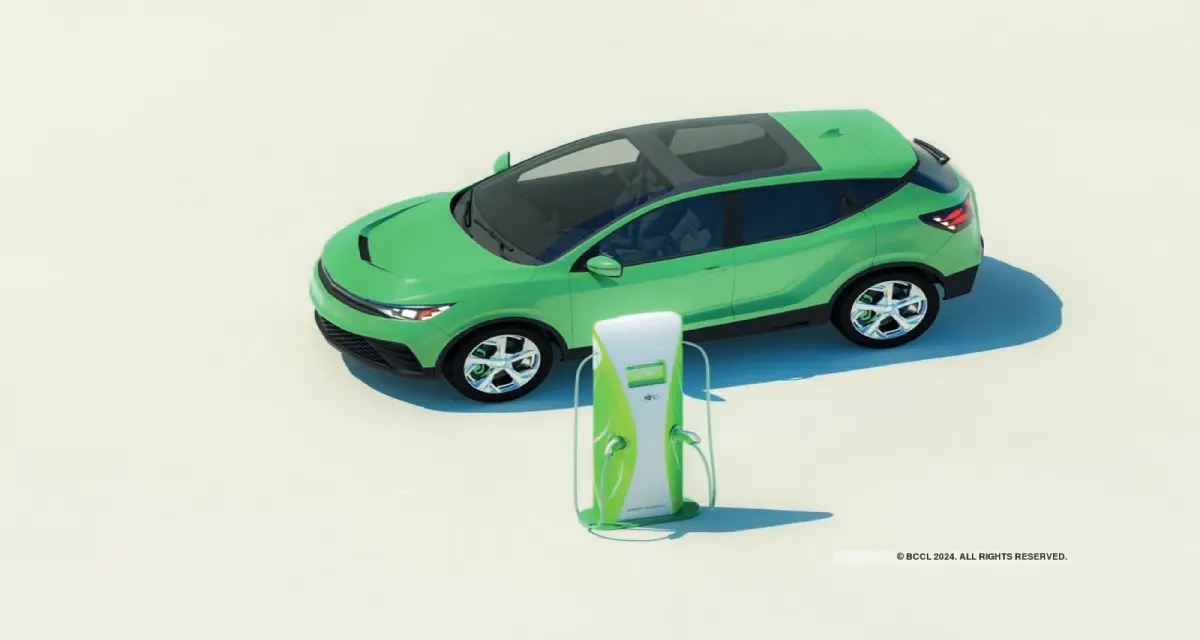
Why does India face a steep decrease in EV sales?

Why does India face a steep decrease in EV sales?
The Electric Vehicle Market in China, the USA, and Korea is witnessing a consistent rise in sales whereas India isn’t interested in adopting EV culture anytime soon. Reportedly, India is facing challenges with sales of EVs as Sales of electric vehicles (EVs) in India saw a sharp 14 percent decline in June against May’s figure, with experts suggesting that it could be due to a combination of factors such as changes in government policies and people’s increasing interest towards hybrid vehicles. Let’s delve into the details of the reasons behind this challenging situation the Indian EV market is facing:
Despite the month-on-month decline, EV sales in June 2024 were still over 20% higher compared to June 2023. Last year, the sales had taken a hit due to modifications in government subsidies. According to data from the Ministry of Road Transport and Highways, June 2024 saw 106,081 units sold, a significant drop from the 123,704 units sold in May 2024. This marked the lowest sales figure for EVs in the current calendar year.
Several factors contributed to the drop in EV sales. Preetesh Singh, a specialist in alternate powertrains at NRI Consulting & Solutions, highlighted key issues such as reduced incentives for electric two-wheelers (e2Ws), rising consumer confidence in hybrid vehicles, insufficient charging infrastructure, and high prices of EVs.
One of the major reasons behind the decline is the reduction in government subsidies for electric two-wheelers. Last year, the government reduced the maximum subsidy for e2Ws from Rs 60,000 to Rs 22,500, causing an over 20% increase in the average price of an e2W. This price hike affected consumer purchasing decisions, as the cost difference between electric and petrol-powered vehicles became more pronounced.
In 2024, the government further slashed subsidies with the introduction of the Electric Mobility Promotion Scheme 2024 (EMPS 2024). Under this scheme, the subsidy cap for e2Ws was reduced to Rs 10,000 per vehicle, and for electric three-wheelers (e3Ws), it was cut to Rs 50,000 from Rs 111,505. Both categories now receive incentives of Rs 5,000 per kilowatt-hour (kWh).
Another factor influencing the decline in EV sales is the increasing consumer interest in hybrid vehicles. Hybrids offer a balance between electric and traditional internal combustion engines, providing consumers with the benefits of both. This shift in consumer preference is partly due to concerns over the availability and convenience of charging infrastructure for fully electric vehicles.
Industry executives are worried that the anticipated increase in EV sales might not materialize if the government does not extend the deadline for the current EMPS 2024 or introduce the third phase of the Faster Adoption and Manufacturing of Hybrid and Electric Vehicles (FAME) scheme. The discontinuation of government incentives could lead to a further decline in sales, at least until the production-linked incentives (PLI) scheme for the automobile sector becomes effective. The incentives under the Auto PLI scheme are expected to start from April 1, 2025.
Overall, The 14% drop in EV sales in June 2024 serves as a critical reminder of the challenges facing the electric vehicle industry in India. While government policies and consumer preferences play significant roles in shaping the market, it is clear that more needs to be done to support the growth of EVs. Addressing subsidy reductions, charging infrastructure, and high vehicle prices is essential for fostering a sustainable and robust EV market. As the industry navigates these challenges, collaboration between the government, manufacturers, and consumers will be crucial in driving the adoption of electric vehicles and ensuring a greener future for India.
Also Read:
1 Kia India Achieves 9.8% YoY Growth with 21,300 Units Sold in June 2024